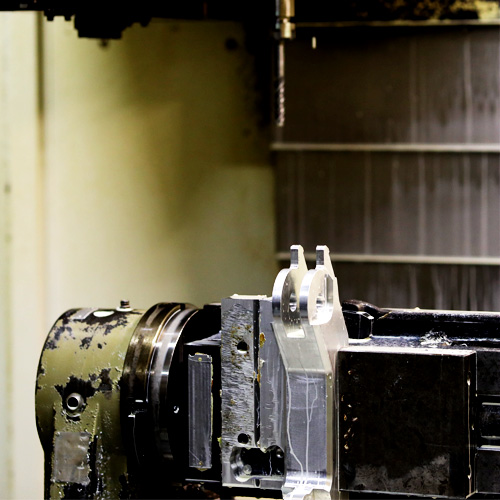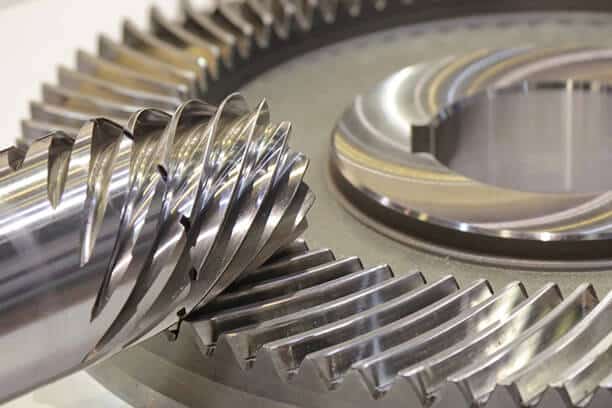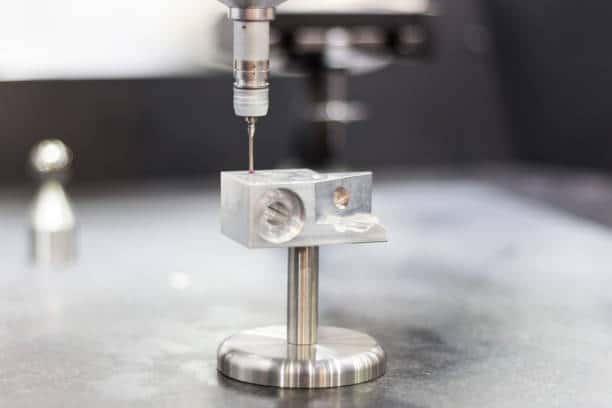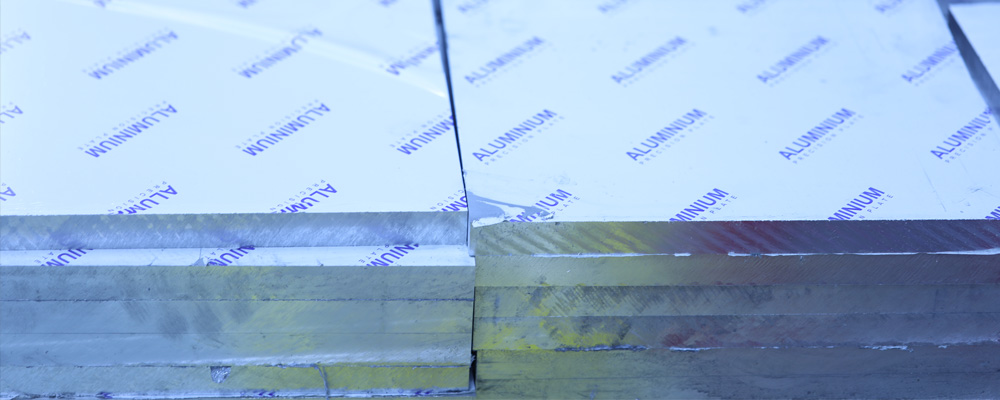
CNC precision machining of aluminum 6061, 7075, and 5052 is at the core of the manufacturing industry. In general, aluminum is a type of metal with relevant features for many applications. Let’s see some of them.
Aluminum Main Features
Aluminum is a metallic material with silver or matte gray color. The latter usually depends on the surface roughness. Although it is relatively soft, it is highly durable. One of the main reasons for using aluminum across different industries is that it is lightweight, ductile, and malleable. Also, it does not create magnetism issues, and it is not flammable. Other relevant properties we should mention include, but are not limited to:
On the other hand, aluminum alloys have a couple of disadvantages that you must consider. These disadvantages are:
Aluminum 6061
The 6061 aluminum alloy contains a mix of magnesium and silicon as its major alloying elements. It is precipitation-hardened and owns vital mechanical properties. The weldability of the 6061 alloys makes it the second most popular grade of aluminum, only behind the 6063 alloys.
The most relevant properties of the 6061 aluminum alloys include medium to high strength.
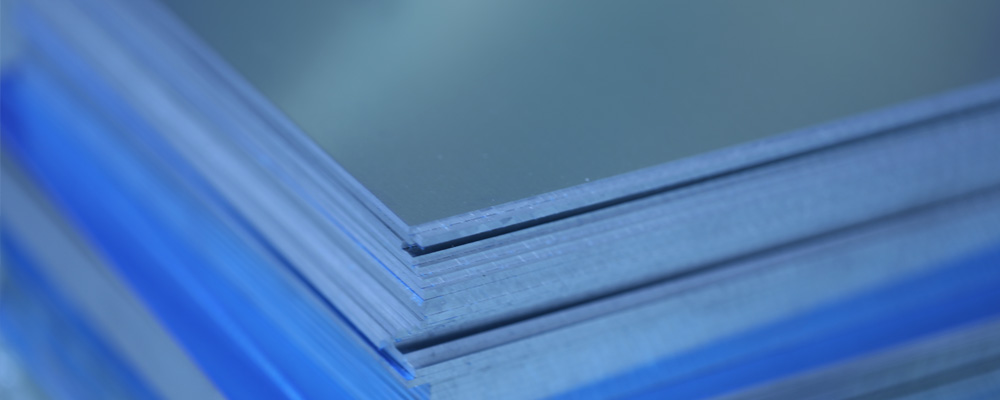
Aluminum 7075
The primary element found in the 7075 aluminum alloy is zinc. With zinc as the top alloying element, this aluminum grade obtains a series of properties that make it suitable for a wide variety of applications. The main properties of the 7075 aluminum alloy are:
The 7075 aluminum alloy indeed has lower corrosion resistance than many other aluminum alloys. However, it has significantly better corrosion resistance than the 2000 aluminum alloys.
Another critical aspect of this alloy is its relatively high cost. Use it only if your specific application requires the essential features of this alloy. Otherwise, you may be better off with a cheaper alloy.
Aluminum 5052
The 5052 aluminum alloy is one that cannot be treated with heat. The main feature is its good corrosion resistance, especially when exposed to saltwater. A modest characteristic of this alloy is machinability which is mostly considered to be fair.
Nevertheless, the machinability of this alloy can be improved by applying hard temper treatment instead of annealing. This also results in a better surface finish.
CNC Machining Aluminum Alloys
You now know that aluminum alloys have properties that make them appealing for different applications. However, it is important to notice that the fact of being soft tends to generate some machining issues. The main issue is the tendency of sticking to the cutting tool which results in increased stress and temperature.
So, it is vital for your CNC machining provider to ensure that there is enough chip discharge from the cutting edge of the tool, so you can be sure that the process is completed successfully and your product will not lose the properties you need.
How Is Chip Accumulation Avoided?
The main way to avoid chip accumulation is by using the right cutting tool for the aluminum alloy. The tools that usually achieve it are those made of cemented carbides or diamond since they have almost no reaction with aluminum. Of course, tool manufacturers also provide solutions to the adherence of the chip on the tool. The most common are material selection and tool coating selection. With these two, tool designers reduce the possibility of chip accumulation on the tool’s edge.
In general, the main tools used for machining 6061, 7075, and 5052 aluminum alloys are:
Other Important Considerations
Something that requires careful attention when machining aluminum alloys is the interaction between the tool and the workpiece. In some cases, this interaction may result in abrasive flank wear, thus influencing the final shape and the dimensional accuracy as well as the integrity of the workpiece surface. Also, cutting forces in the machining of aluminum alloys should be kept low compared to the cutting forces used on ferrous alloys. This is because of the lower mechanical strength aluminum alloys have. This reduction in the cutting forces may generate 70% lower specific cutting pressures than in the machining of steels, preserving the integrity of the material. However, this difference is usually not noticeable from one aluminum alloy to the other, and the decision of changing the cutting forces will depend on the physical and chemical properties of the specific alloy. Obviously, this requires great expertise to be done properly.
Fortunately for you, Runsom’s 5-axis CNC machine shop is capable of machining parts to your specific requirements. We have the right machines and tools for the job, and our team has the expertise to guarantee high-quality results. If you need CNC machined aluminum parts, look no further. You won’t find a more capable and affordable source for specialized 5-axis CNC precision machined parts manufacturing.
No matter if you need only a very customized part or a big batch with specific requirements, we are ready to help you turn that idea into a reality. If you are ready to start or would like more information about our CNC precision machining services, contact us now and we’ll be glad to help you.
Other Articles You May be Interested in:

